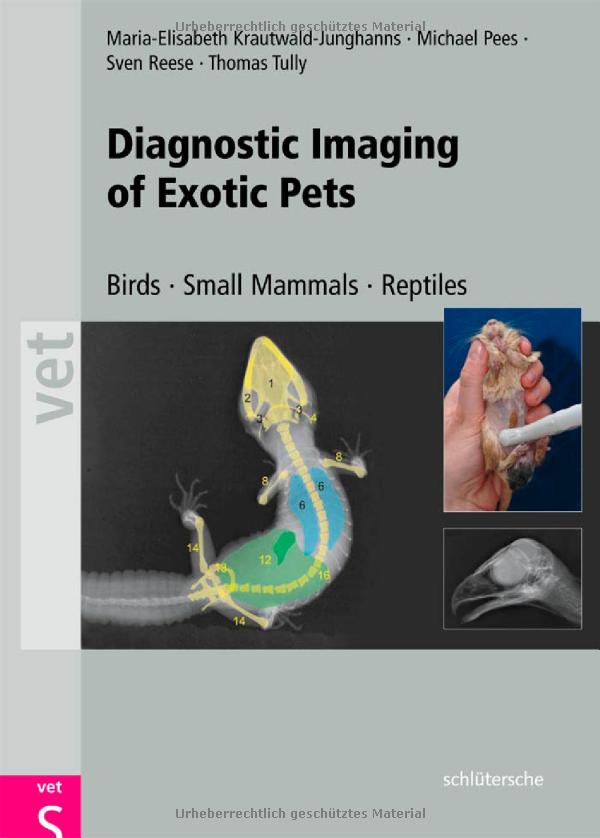"Unraveling the Mystery of Grammatical Pet Peeves: Common Mistakes That Drive Language Lovers Crazy"
#### IntroductionIn the realm of language, few things are as captivating as the intricacies of grammar. For those who cherish the written word, grammatical……
#### Introduction
In the realm of language, few things are as captivating as the intricacies of grammar. For those who cherish the written word, grammatical pet peeves can be a source of both amusement and frustration. This article delves deep into the world of grammatical pet peeves, exploring common mistakes that not only irritate language enthusiasts but also impact effective communication. Whether you're a writer, a student, or simply someone who enjoys the beauty of language, understanding these pet peeves can enhance your communication skills and elevate your writing.
#### What Are Grammatical Pet Peeves?
Grammatical pet peeves are specific errors or usages in language that provoke annoyance among those who are particularly sensitive to grammar rules. These can range from misused punctuation to incorrect verb tenses, and they often reflect a broader misunderstanding of the English language. While some may view these issues as minor, they can significantly alter the clarity and professionalism of writing.
#### Common Grammatical Pet Peeves
1. **Their vs. There vs. They’re**

One of the most notorious grammatical pet peeves involves the confusion between "their," "there," and "they're." This trio of homophones can lead to significant misunderstandings in writing. "Their" indicates possession, "there" refers to a location, and "they're" is a contraction for "they are." Misusing these words can create ambiguity and distract readers from the intended message.
2. **Your vs. You’re**
Another common error is the mix-up between "your" and "you’re." "Your" is a possessive adjective, while "you’re" is a contraction. This mistake is particularly prevalent in informal writing, such as social media posts and text messages, but it can undermine the credibility of more formal communications.
3. **Affect vs. Effect**
The distinction between "affect" and "effect" is a classic grammatical pet peeve. "Affect" is typically a verb meaning to influence, while "effect" is a noun referring to a result. Confusing these terms can lead to misunderstandings and diminish the impact of your writing.

4. **Comma Splices**
A comma splice occurs when two independent clauses are joined by a comma without a coordinating conjunction. This error can create run-on sentences that confuse readers. Proper punctuation is essential for clarity, and understanding how to use commas effectively is crucial for any writer.
5. **Misplaced Apostrophes**
Apostrophes are often misused, particularly in the case of plural nouns. Many people mistakenly add apostrophes to pluralize words, leading to phrases like "apple's" instead of "apples." This common error not only annoys grammar enthusiasts but can also confuse readers.
#### Why Do Grammatical Pet Peeves Matter?

Understanding and avoiding grammatical pet peeves is essential for effective communication. In professional settings, poor grammar can lead to misunderstandings and may even damage credibility. For students, mastering grammar is crucial for academic success. Furthermore, in an era where digital communication is prevalent, clear and correct writing is more important than ever.
#### Conclusion
Grammatical pet peeves may seem trivial to some, but they play a significant role in how we communicate. By being aware of these common mistakes, we can enhance our writing and ensure that our messages are conveyed clearly and effectively. Whether you’re drafting an email, writing a report, or simply posting on social media, paying attention to grammatical details can make all the difference. Embrace the challenge of mastering grammar, and you’ll not only avoid these pet peeves but also become a more confident and effective communicator.